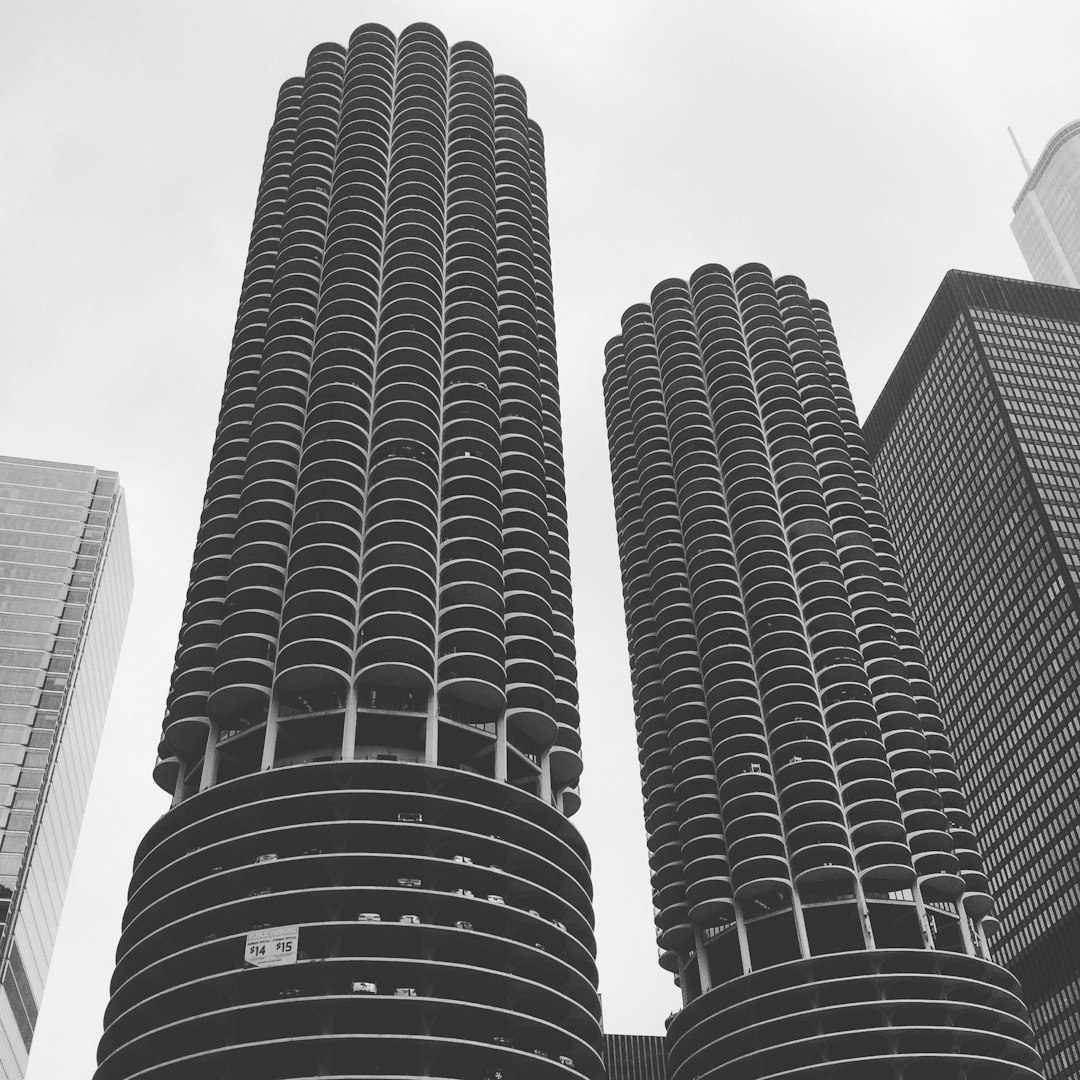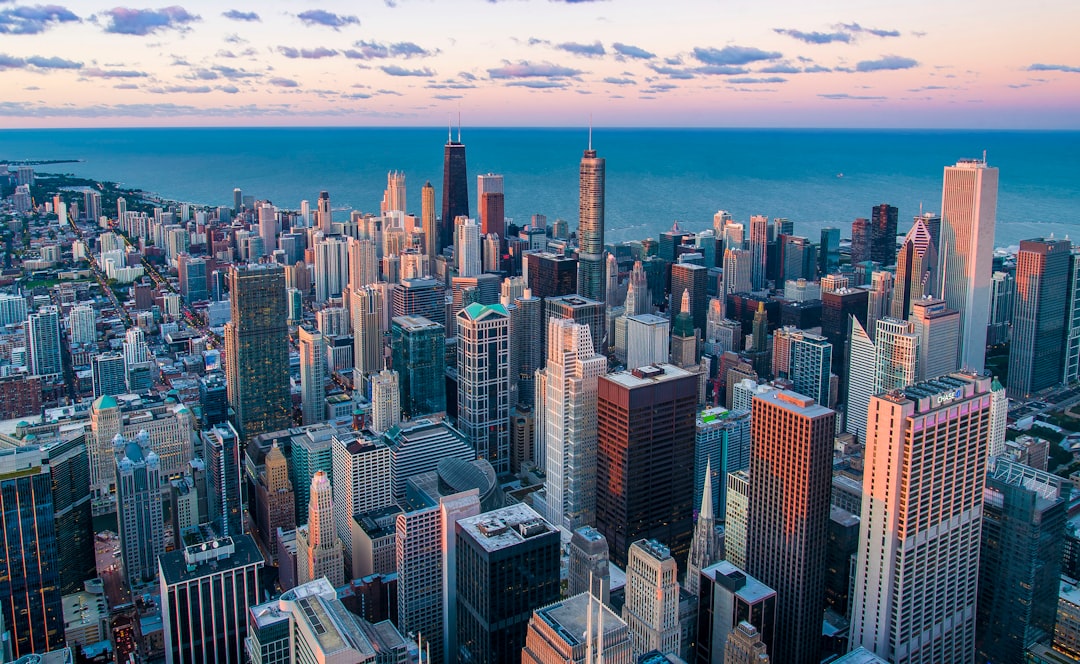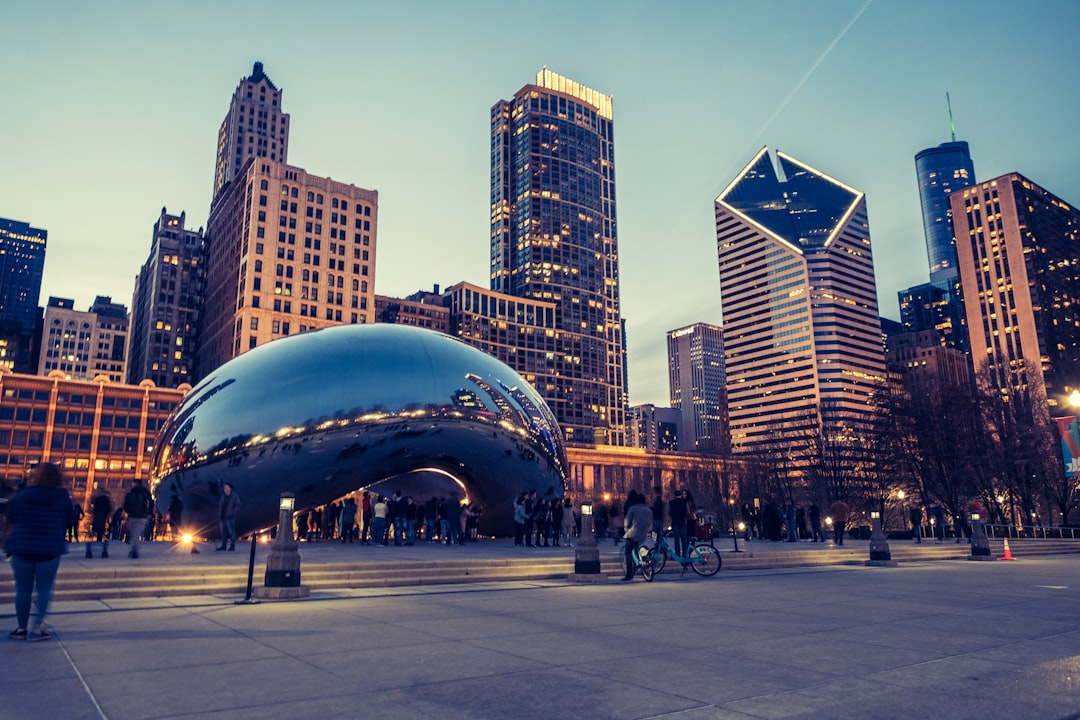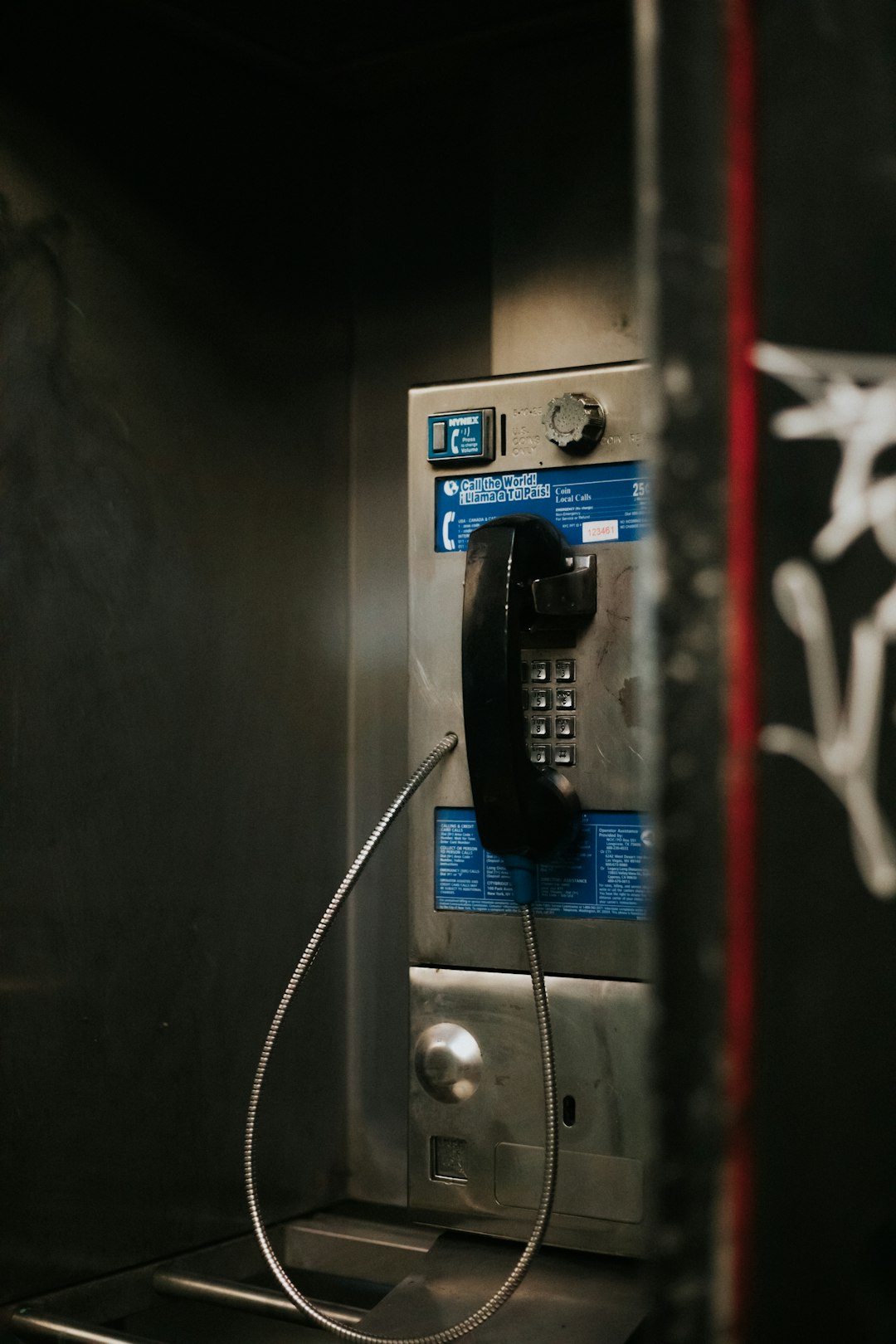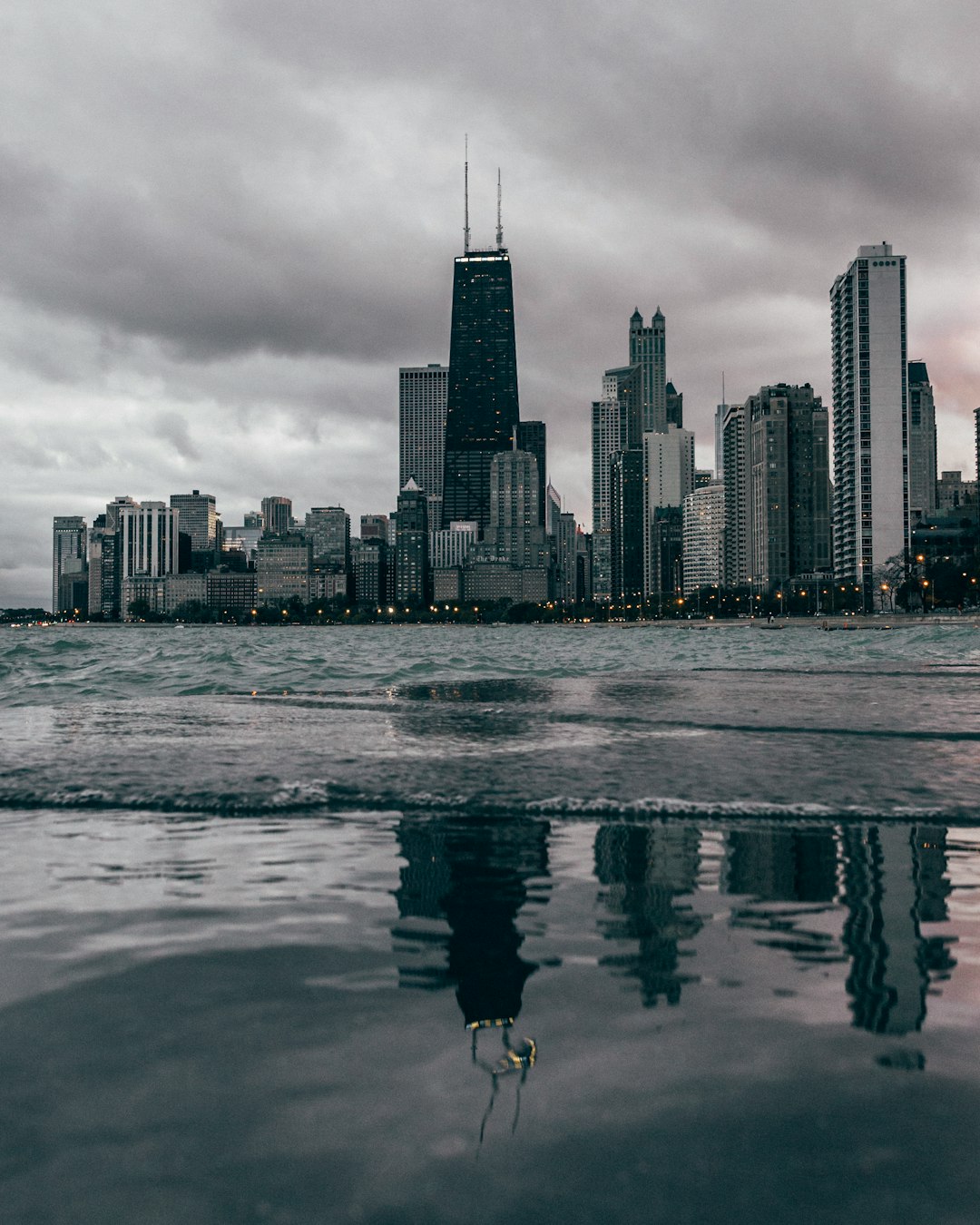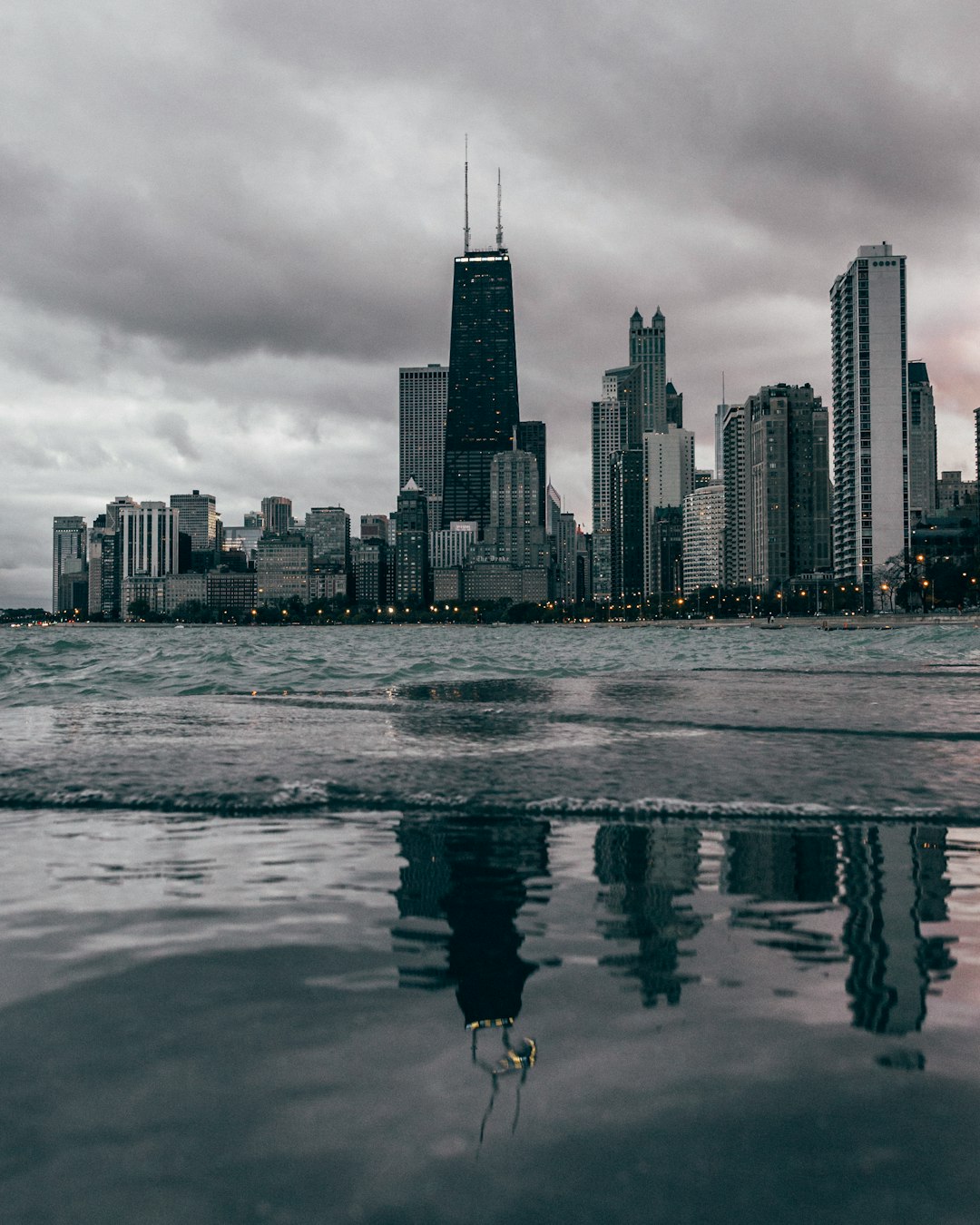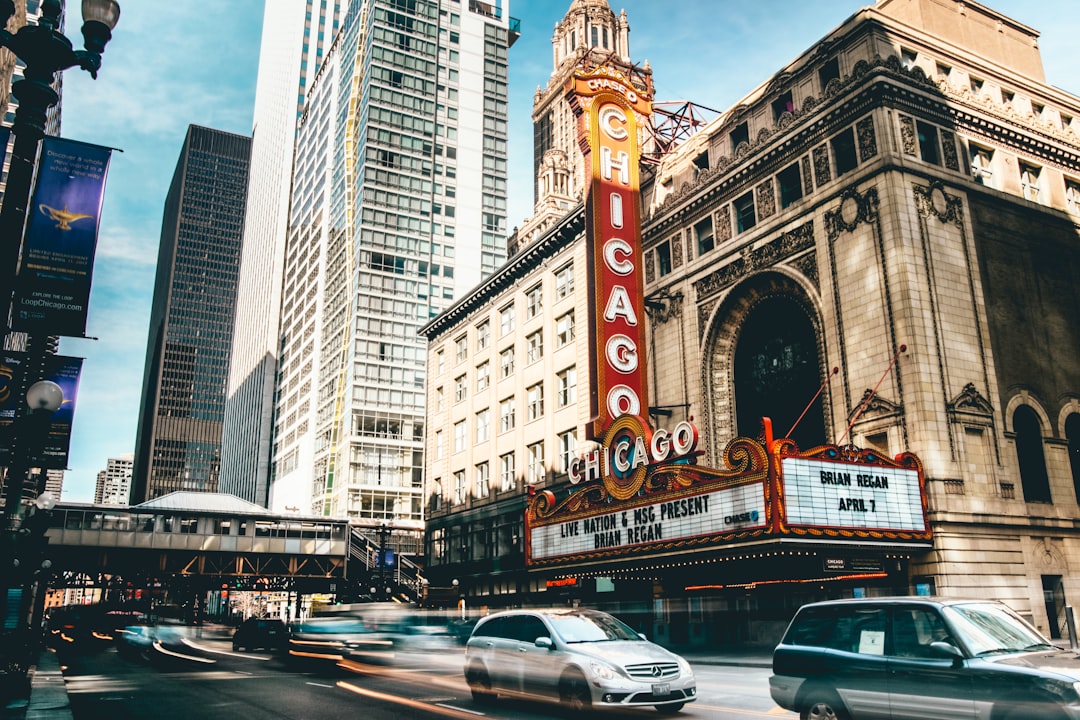Chicago's strict telemarketing regulations, enforced by the Telephone Consumer Protection Act (TCPA) and local laws, protect residents from unwanted calls. The key is the Do Not Call (DNC) list, where businesses must obtain explicit consent, provide an easy opt-out, and maintain accurate call records to avoid penalties, including fines up to thousands of dollars and legal action by a Do Not Call Lawyer Chicago or attorney. Violations can harm consumer trust and businesses' reputations in the competitive Chicago market.
Staying compliant with telemarketing laws in Chicago is essential to avoid hefty fines and maintain consumer trust. This comprehensive guide will help you navigate the complex landscape of regulations, ensuring your business practices are ethical and legal. We’ll explore who’s bound by ‘Do Not Call’ rules, potential consequences of non-compliance, and provide expert insights from top-rated Do Not Call lawyers in Chicago to safeguard your organization. Whether you’re a small startup or established firm, understanding these laws is crucial for long-term success.
Understanding Telemarketing Regulations in Chicago
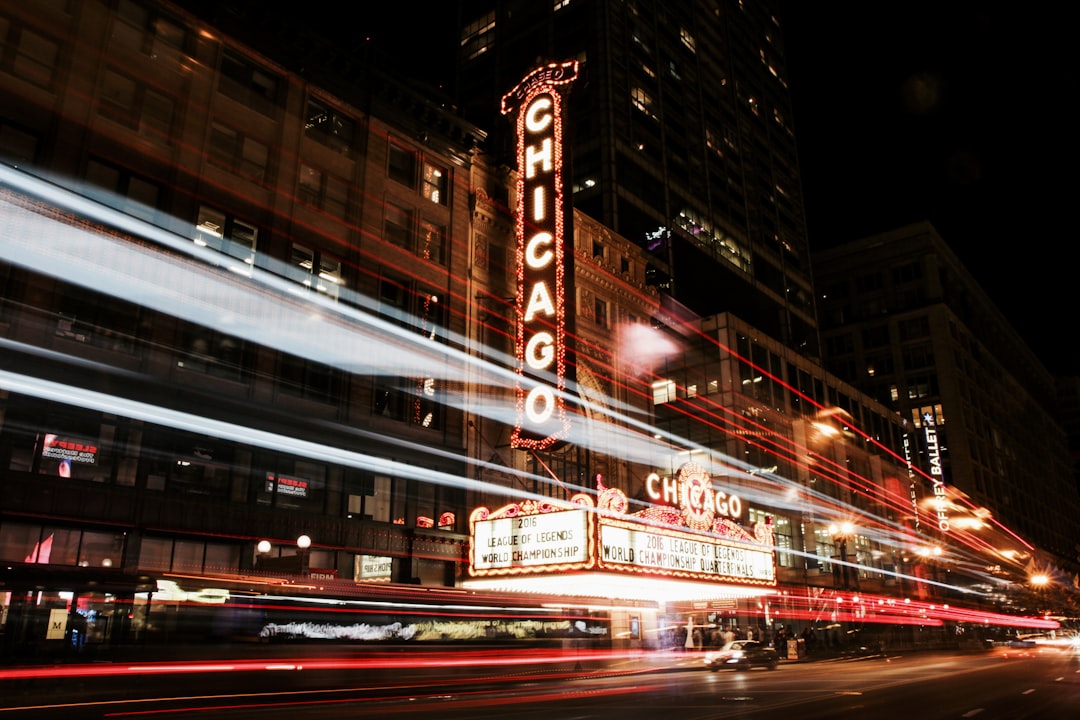
In Chicago, telemarketing regulations are strictly enforced to protect consumers from unwanted calls and ensure fair business practices. Understanding these laws is crucial for both businesses and individuals alike, especially with the rise of automated phone systems and robocalls. The Do Not Call (DNC) list in Illinois is a significant aspect of this regulation, allowing residents to opt-out of receiving marketing or sales calls. Businesses that fail to respect this list can face severe penalties, including legal action from a lawyer for Do Not Call Chicago or fines imposed by the state.
Companies engaging in telemarketing activities must comply with the Telephone Consumer Protection Act (TCPA) and local ordinances, such as those specific to Chicago. This includes obtaining explicit consent before calling, providing an easy way to opt-out of future calls, and maintaining accurate call records. For consumers, recognizing these laws empowers them to take control of their privacy and avoid potentially distressing or deceptive sales tactics. If you’re concerned about unwanted telemarketing calls, consider registering for the DNC list and consulting with a local attorney specializing in consumer protection law to understand your rights further.
Who Needs to Comply with Do Not Call Laws?
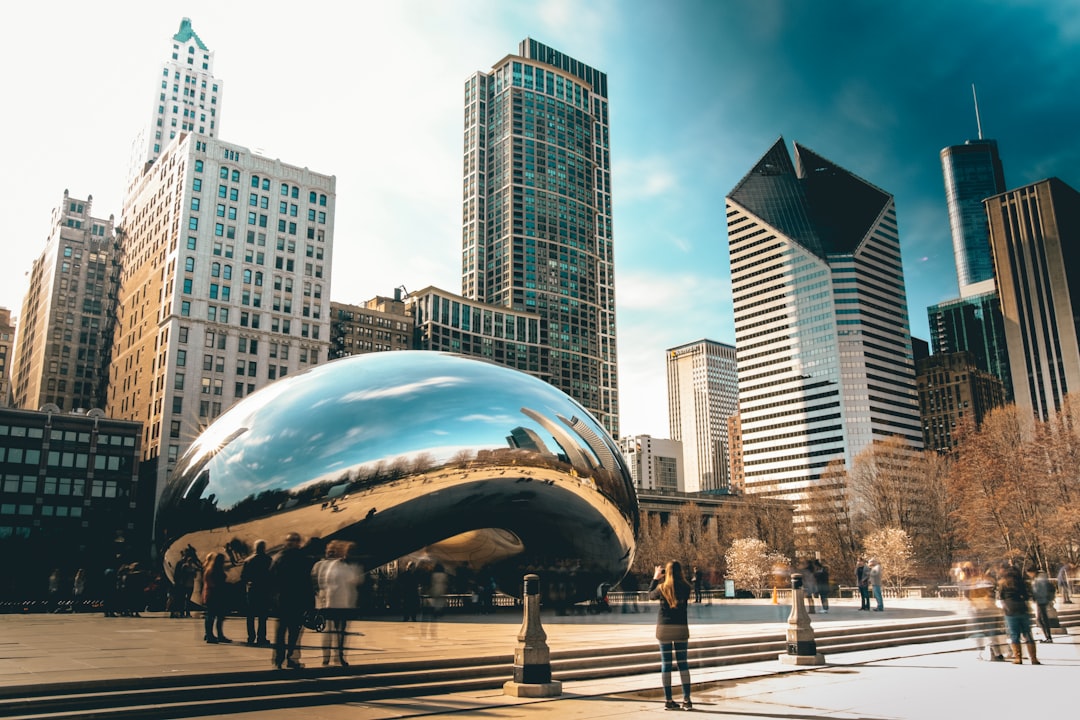
In Chicago, like in many places across the US, telemarketing activities are subject to strict regulations designed to protect consumers from unwanted calls. The Do Not Call laws apply to a wide range of businesses and organizations that make outbound phone calls for marketing purposes. This includes not just traditional telemarketers but also do not call lawyers and attorneys in Chicago who engage in similar practices. Any do not call law firm or individual lawyer who makes telemarketing calls must comply with these laws to avoid penalties.
The requirements extend to both live operators and automated calls, ensuring that consumers have a means to opt-out of such communications. Those who fail to adhere to the do not call rules for Chicago residents can face substantial fines. As a result, it’s crucial for lawyers, attorneys, and law firms offering telemarketing services to seek expert advice from a do not call lawyer in Chicago to ensure they understand and follow all applicable regulations, thereby safeguarding their practices and respecting consumer privacy.
Consequences of Violating Telemarketing Rules in Chicago
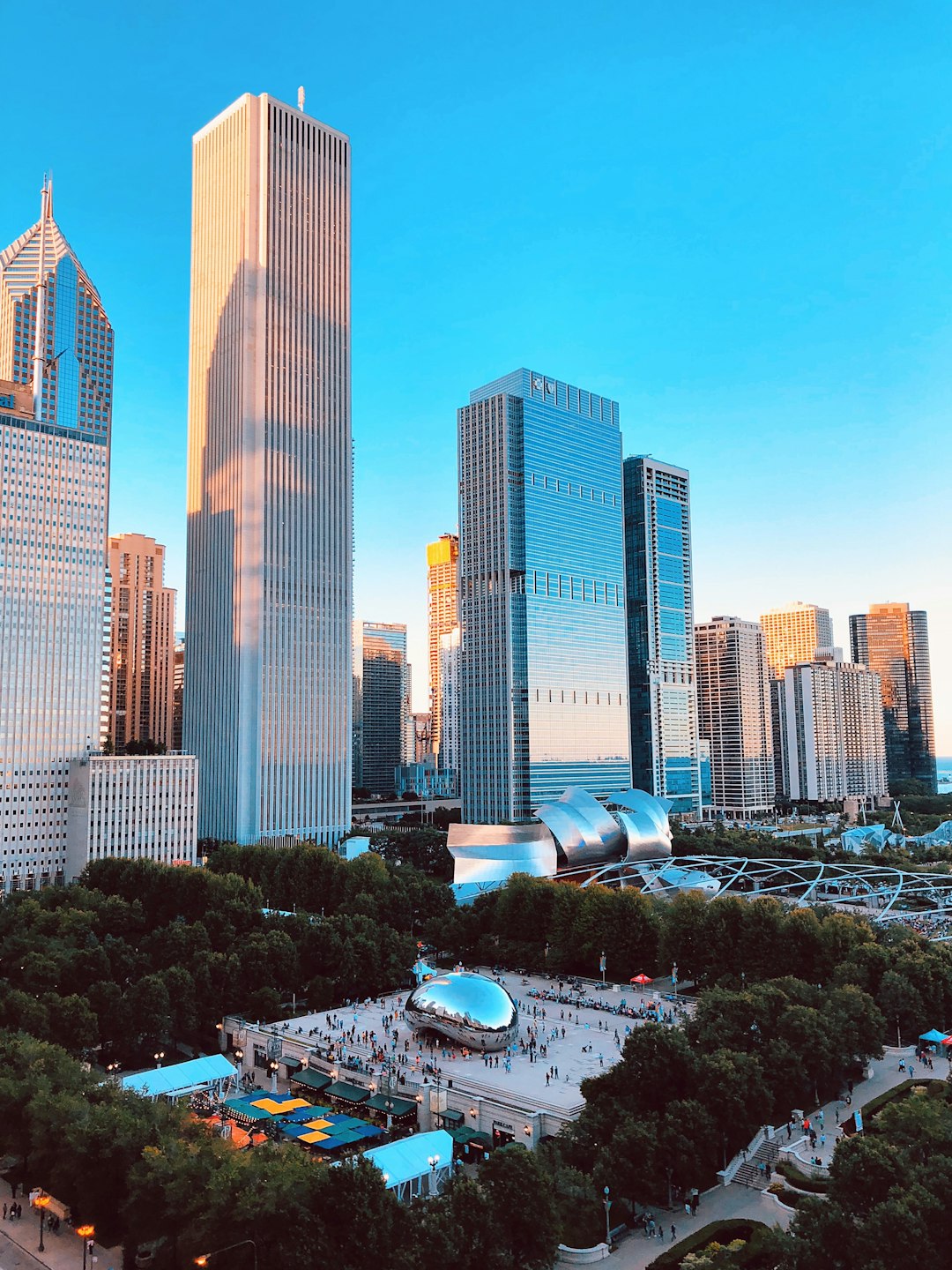
Violating telemarketing rules in Chicago can lead to severe consequences, including substantial fines and legal repercussions. The City of Chicago has stringent regulations to protect consumers from aggressive or unsolicited sales calls, ensuring a peaceful and safe environment for residents. If caught breaking these laws, businesses and individuals may face penalties, with each violation potentially resulting in fees ranging from hundreds to thousands of dollars.
For those engaged in telemarketing activities without proper authorization or in contravention of the ‘Do Not Call’ regulations, legal action is a likely outcome. A ‘Do not call lawyer Chicago’ or ‘do not call attorney Chicago’ can represent consumers or bring lawsuits against violators on behalf of affected residents. The impact extends beyond financial losses; it damages consumer trust and could permanently harm a company’s reputation, especially in the competitive Chicago market where businesses must adhere to strict legal frameworks to stay operational.
